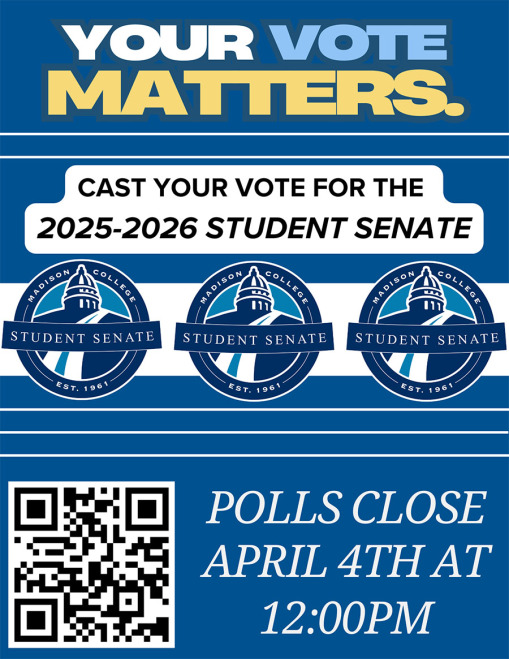LGBTQIA+ questions excluded from US Census
April 18, 2017
The United States Census Bureau has made the decision to exclude proposed questions about gender and sexuality on the 2020 census. This came as a disappointment to many members of the LGBTQIA+ community, as well as a relief to many other community members. As part of the LGBTQIA+ community myself, I am feeling divided, as well.
I am feeling disappointment because questions about gender and sexuality on the census could be extremely helpful in terms of increasing knowledge of the social and economic trends within the LGBTQIA+ community.
The LGBTQIA+ community on average experiences lower mental health and higher rates of poverty than heterosexuals, but there is not much large scale research on why these trends are happening. Questions of gender and sexuality being included on the census would offer a large LGBTQIA+ data set that could be used for further research to fully understand these trends, as well as begin to alter them.
Not only would the knowledge gained by the census aid the LGBTQIA+ community indirectly, but it could also aid the community directly. The U.S. Census is not only a head count, but also a determinant of the allocation of 400 billion dollars of government spending. It determines the use of federal funds for things such as public health, job training, and housing. Vital resources could potentially be more accessible to LGBTQIA+ people if the census housed data that proved that LGBTQIA+ people need more specific support in order to be as healthy and successful as their cisgender and heterosexual counterparts.
Though the census could potentially be a tool to support the LGBTQIA+ community, I worry about a certain drawback. By including questions about gender and sexuality, it would technically make it mandatory to come out to the U.S. Government.
According to Census.gov, someone who does not answer a question on the U.S. Census can be charged up to $5,000. For example, if a queer woman who does not feel comfortable disclosing her sexuality refuses to fill out the census, the U.S. Census Bureau would have the power to prosecute her if they wanted to do so.
Although the U.S. Census Bureau has not prosecuted anyone since the 1970s, I think the principle alone that someone could be forced to come out to the government is horrifying. Although the information would not be for the public, I believe an individual should have the right to decide whether they want the government to know or not. The coming out process is an important experience for LGBTQIA+ people, and it should be as private or public as the individual wants or needs it to be. The government should not have a say in when, how or if a person comes out.
There are also concerns of the data about sexuality and gender being exploited, as the census data has previously been utilized to harm marginalized people before. During WWII, the U.S. Census Bureau handed the information of Japanese Americans over to the secret service, so they were able to locate Japanese-Americans and relocate them to American internment camps.
In 2017, many people would not think things like this could happen to the LGBTQIA+ community, but the recent captivity of gay men in detention centers in Chechnya shows that, though it is not happening here, it is happening somewhere. That is enough of a reason for many LGBTQIA+ members to feel unwilling to share their identities openly to the government.
I think what bothers me most as a member of the LGBTQIA+ community is the fact that I am unsure what the correct way to solve this dilemma will be. I hope that by 2030, the Census Bureau will make an effort to better represent LGBTQIA+ members, and mirror the decision of whether or not to include questions about gender and sexuality to the needs of the community.






























